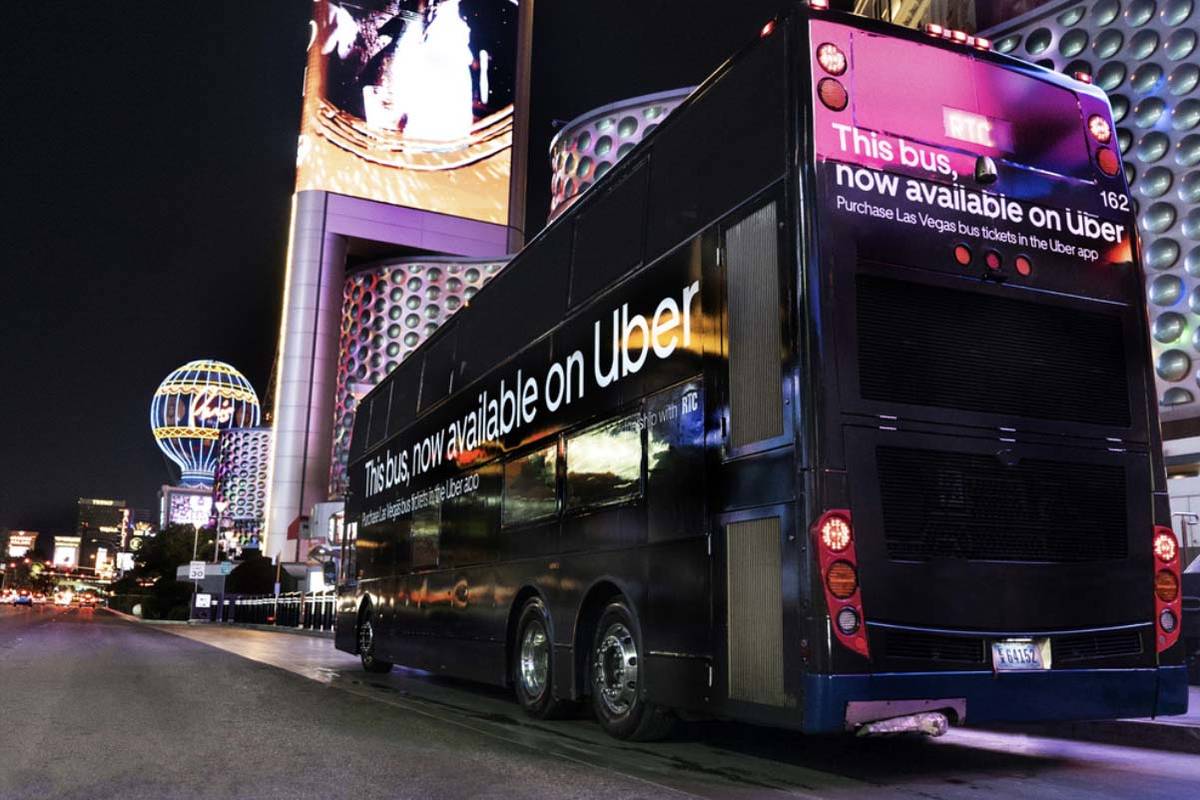Independent contractors have another lifeline in addition to unemployment insurance
Independent contractors in limbo for unemployment insurance benefits can tap another federal program created under the $2.2 trillion stimulus bill starting Friday.
The Paycheck Protection Program offers loans to cover payroll costs so small businesses can retain their employees, keeping workers from filing unemployment and further overwhelming state unemployment offices, but independent contractors and sole proprietors also are eligible to apply.
Independent contractors who retain their full staff, of one, for eight weeks — as small businesses are required to do under the program — won’t have to pay back the money.
“You’re the only person that has to maintain an employee position for the next eight weeks, so it’s very easy for you to keep yourself employed in order to get that 100 percent forgiveness,” said Joseph Amato, Nevada district director for the Small Business Administration.
But some independent contractors, including Joel Nelson, are having trouble finding banks that are accepting loan applications.
“I went to four banks,” Nelson said. “Wells Fargo said we’re doing it, but not anymore. Bank of America said, yeah, we’re doing it but only for existing customers. Chase said we’re only doing it for existing customers who have existing debt, and the fourth, (which) was the credit union I’m a part of, didn’t even know what it was called, which was not encouraging.”
Nelson said his credit union has since posted a notice on its website Wednesday explaining how members can apply for the program.
Casting a net
The temporary closure of nonessential businesses mandated by Gov. Steve Sisolak last month left the gig economy hurting with little recourse, because traditionally, self-employed and independent workers do not qualify for unemployment insurance.
Nevada is estimated to have 83,000 self-employed workers based on census data, according to the Nevada Department of Employment, Training and Rehabilitation.
But federal relief packages, including the Coronavirus Aid, Relief, and Economic Security Act, have given a lifeline to independent contractors with the rollout of the Paycheck Protection Program, a $349 billion bailout fund for small businesses and contractors that runs through June 30.
The program offers loans of up to $10 million per business to cover eight weeks of payroll costs and other expenses, within certain limitations.
The amount of funding for an independent contractor is based on last year’s average monthly wages, and loans would most likely require a Form 1099-MISC, or other documentation as required by an individual lender.
Loans are fully forgiven if used for payroll costs, interest on mortgages, rent and utilities. If a certain portion is not forgiven, loan payments are deferred for six months and mature in two years with a 1 percent interest rate. No collateral or personal guarantees are required.
The program officially launched last Friday, though applications were only being accepted from small businesses.
First in line
The funds are being dispersed on a first-come, first-served basis by banks already participating in SBA lending programs. That means independent contractors are competing with small businesses. With nonessential companies temporarily closed and states asking residents to stay home, nearly every business is looking for financial help.
There has been an effort to add $250 billion to the Paycheck Protection Program, but that effort stalled on Thursday after the Senate failed to approve a bill to expand funding.
Meanwhile, independent contractor and real estate agent Jillian Batchelor of Realty One Group said it’s a great program, and she will apply for a loan Friday.
“Even though I’m an independent contractor, I do have salaried employees,” she said. “I’ve heard a lot of banks are doing some restrictions or not offering (the program) anymore like Wells Fargo. I bank with Bank of America so it will go forward.”
Teresa McKee, chief executive of the Nevada Association of Realtors, said she has been recommending that agents apply, even though she has heard of some having trouble finding banks accepting applications.
“You need to keep calling and looking for these banks that are offering the program, because more will open up,” McKee said. “We’re trying to help people understand how to do it and encourage them to do it and seek out banks that will do it with them. You’ve got to get in line. You’ve got to start the process as soon as you can.”
Contact Subrina Hudson at shudson@reviewjournal.com or 702-383-0340. Follow @SubrinaH on Twitter.











































